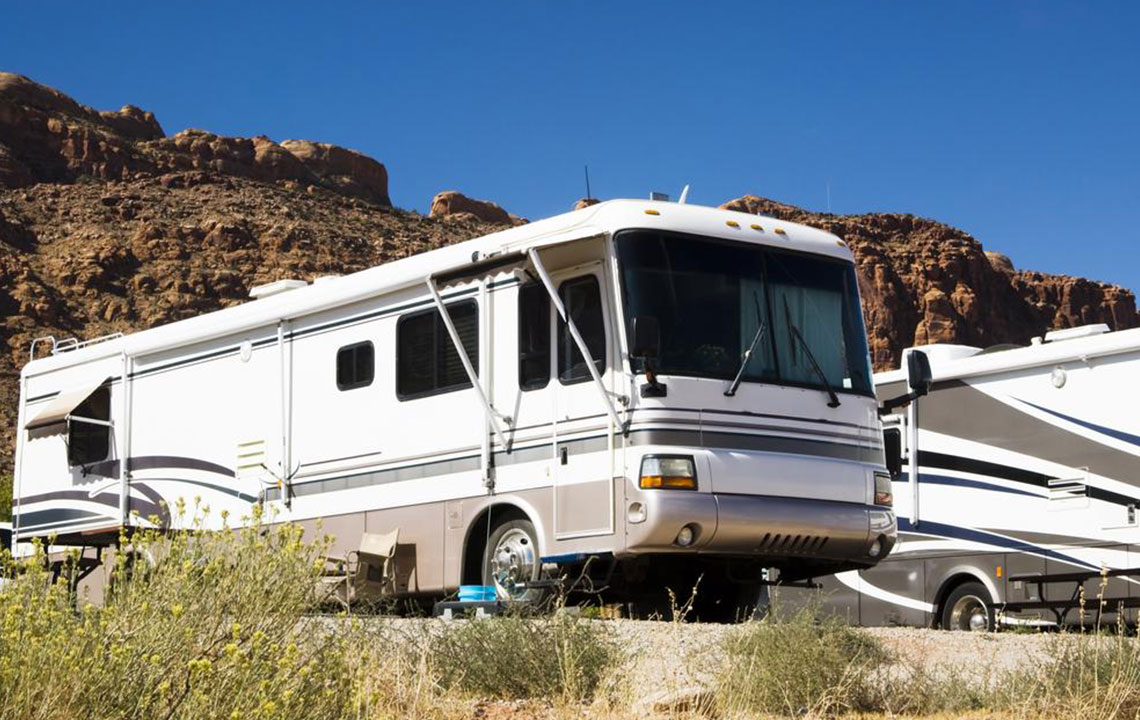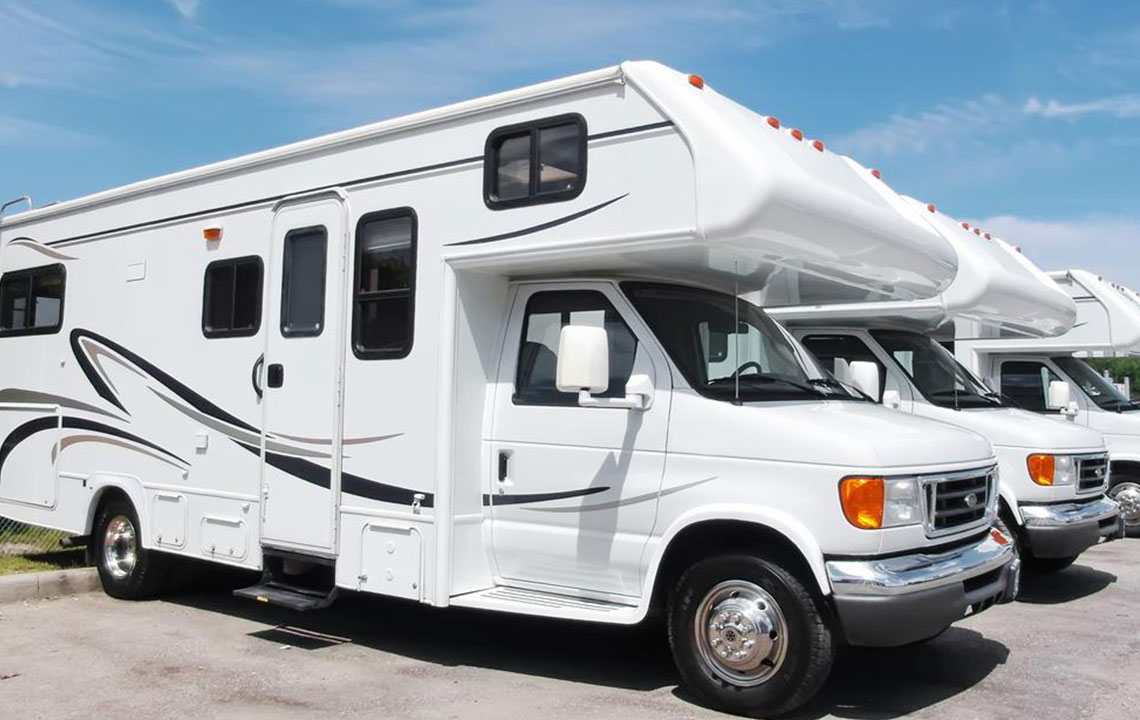Comprehensive Guide to Negotiating the Purchase of a Used Motorhome
Planning to buy a used motorhome? This detailed guide offers proven negotiation strategies, vehicle inspection tips, and essential background checks to help you secure the best deal. Learn how to evaluate costs, verify vehicle history, and negotiate confidently for your dream camping vehicle. Maximize your savings, avoid future repair costs, and ensure a smooth purchase process with expert advice tailored for used motorhome buyers.

Effective Strategies for Bargaining When Purchasing a Pre-Owned Motorhome
Embarking on the journey to buy a used motorhome can be both exciting and challenging. While finding the perfect vehicle that matches your travel needs is important, mastering the art of negotiation can significantly save you money and ensure you get the best value for your investment. Buying a secondhand motorhome involves more than just negotiating the price—it's about assessing the vehicle's overall condition, understanding its history, and making informed decisions that prevent costly future repairs. This comprehensive guide provides detailed strategies to help you confidently negotiate your used motorhome purchase, ensuring you secure a deal that is fair, transparent, and tailored to your budget.
Begin with a Thorough Inspection
Before entering negotiations, conduct a meticulous inspection of the motorhome. This step is crucial as it allows you to identify both obvious and hidden issues that could influence the price. Pay close attention to various aspects such as interior and exterior conditions, signs of water damage, mold, leaks, rust, and damage to the roof or awning. Check for unusual odors which could indicate mold or poor ventilation. Examine the tires, engine, and undercarriage for any signs of wear or mechanical problems. Remember that used vehicles depreciate in value, but the extent depends largely on their condition. If you discover damages or needed repairs, use this as leverage during negotiations to request a fair price reduction, aiming for a compromise that accounts for repair costs. Conduct multiple inspections if possible, and consider hiring a qualified mechanic to evaluate the vehicle thoroughly. This investment upfront can save you from unexpected expenses later.
Review Vehicle History and Documentation
Request complete documentation of the motorhome’s history. This should include service records, maintenance history, accident reports, and any modifications made. Verifying the authenticity of these records ensures transparency and helps you assess the vehicle’s condition accurately. Pay particular attention to red flags such as inconsistent or missing records, signs of previous accidents, or extensive repairs. Confirm that the vehicle’s title is clear to avoid future legal or ownership issues. If the seller has made upgrades or modifications, evaluate their quality and necessity—sometimes, poorly done repairs or upgrades might require further investment. Should you find any discrepancies or red flags, don’t hesitate to negotiate a better price or reconsider the deal altogether. Being diligent with vehicle background checks can prevent costly surprises and give you peace of mind after the purchase.
Negotiation Tips to Secure the Best Deal
Once you've thoroughly inspected the vehicle and reviewed its history, it's time to negotiate. Approach the process with confidence and a clear understanding of the vehicle's real value. Start by offering a price below your maximum budget—this provides room for counteroffers. Be polite but firm, and use your inspection findings and vehicle history as negotiation tools. For instance, if repairs are needed, request a reduction in price or ask the seller to cover certain repairs before finalizing the sale. Demonstrating your knowledge and preparedness can persuade the seller to accept a fairer deal. Remember, negotiation is a give-and-take; patience and flexibility are key. If the seller isn't willing to meet your terms, be prepared to walk away or revisit your offer slightly. It’s also advisable to consider additional costs like taxes, registration fees, and insurance to determine your overall budget accurately. Having a clear financial plan enhances your confidence during negotiations.
Making the Final Purchase Decision
After negotiations, carefully review all terms of the sale, including warranties, return policies, and what repairs or adjustments are included. Ensure that all verbal agreements are documented in writing to avoid misunderstandings. Conduct a final walkthrough of the vehicle, ideally with a mechanic if you haven't already done so, to confirm that all agreed-upon repairs and conditions are met. If everything aligns with your expectations, proceed with the purchase. Remember, buying a used motorhome is an investment in future travels, so taking the time to negotiate properly can lead to substantial savings and peace of mind. Ultimately, a well-negotiated deal ensures you’re not only getting a reliable vehicle but also protecting yourself from unexpected costs down the road. Proper research, inspection, and negotiation skills will empower you to make a smart, confident purchase that suits your travel lifestyle and budget.





